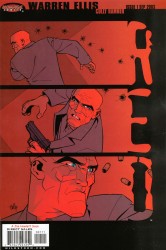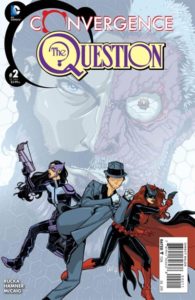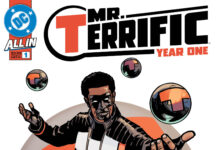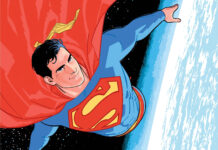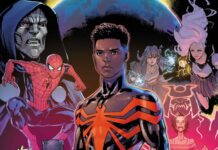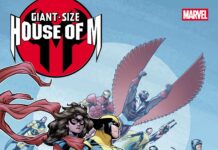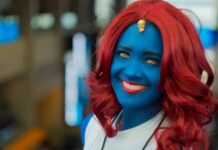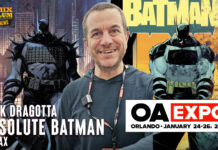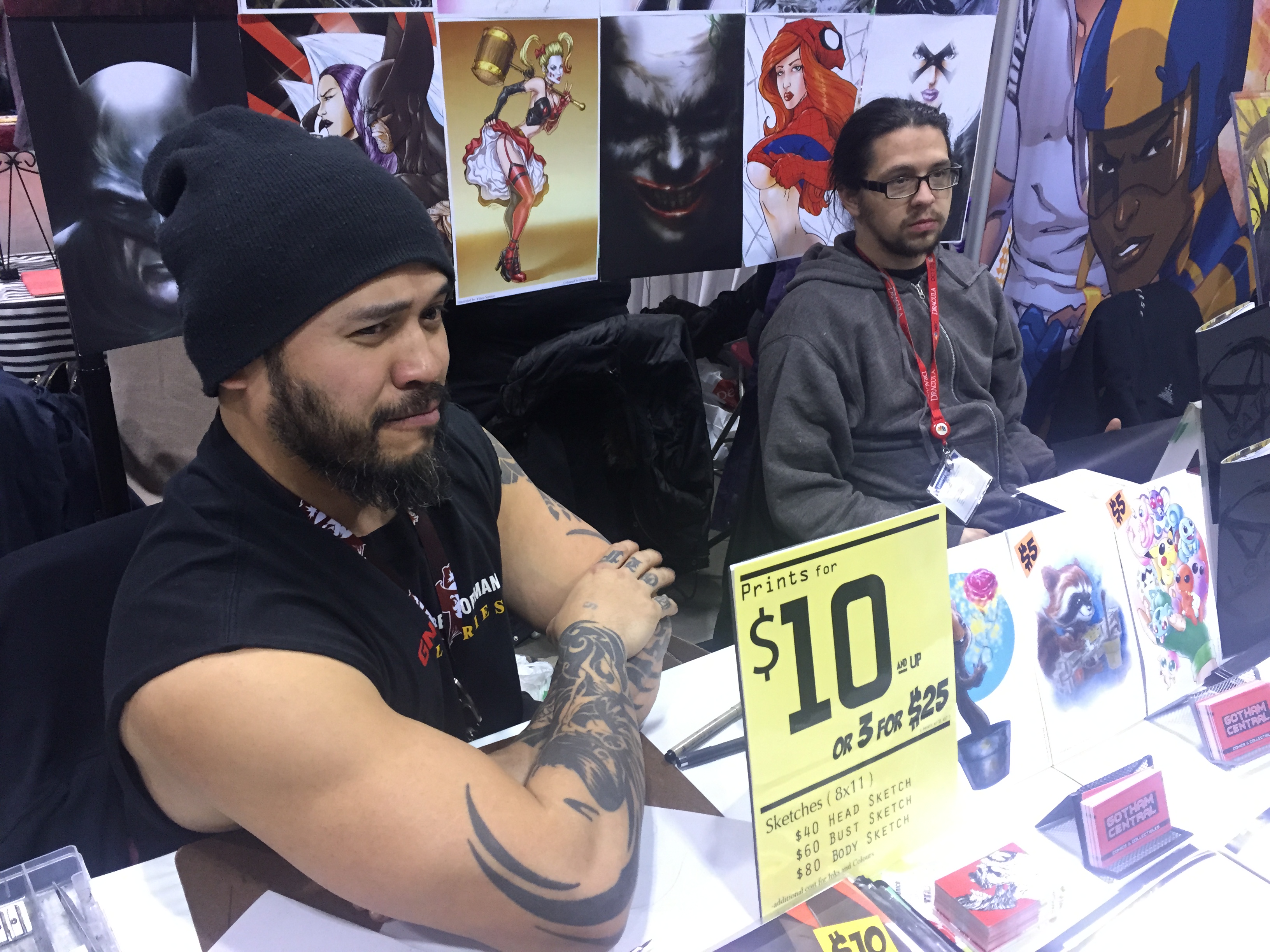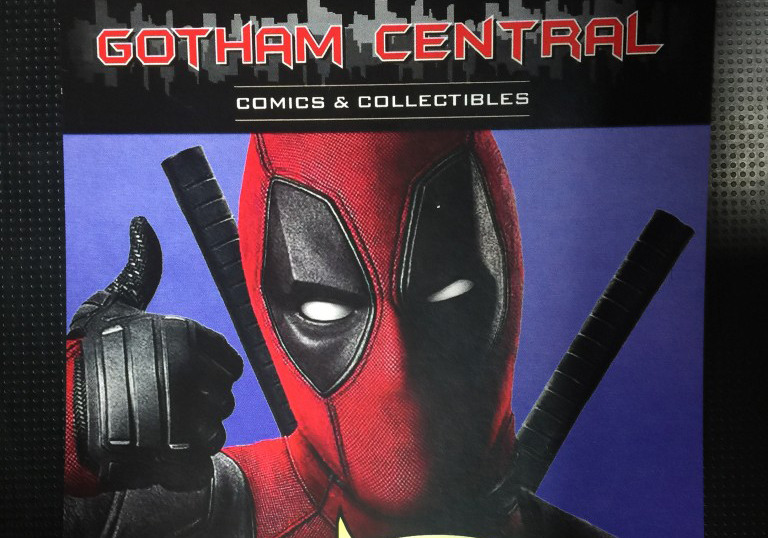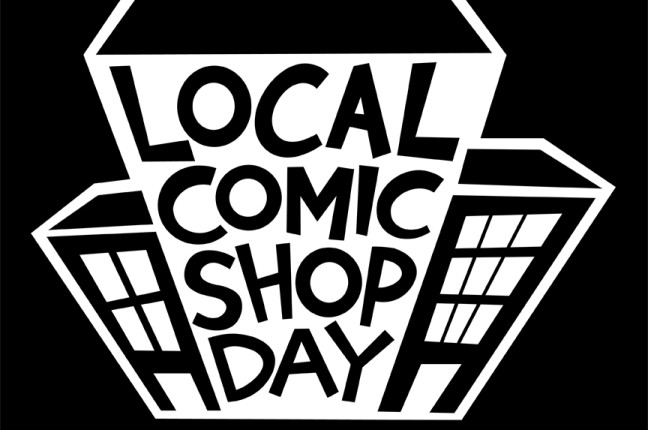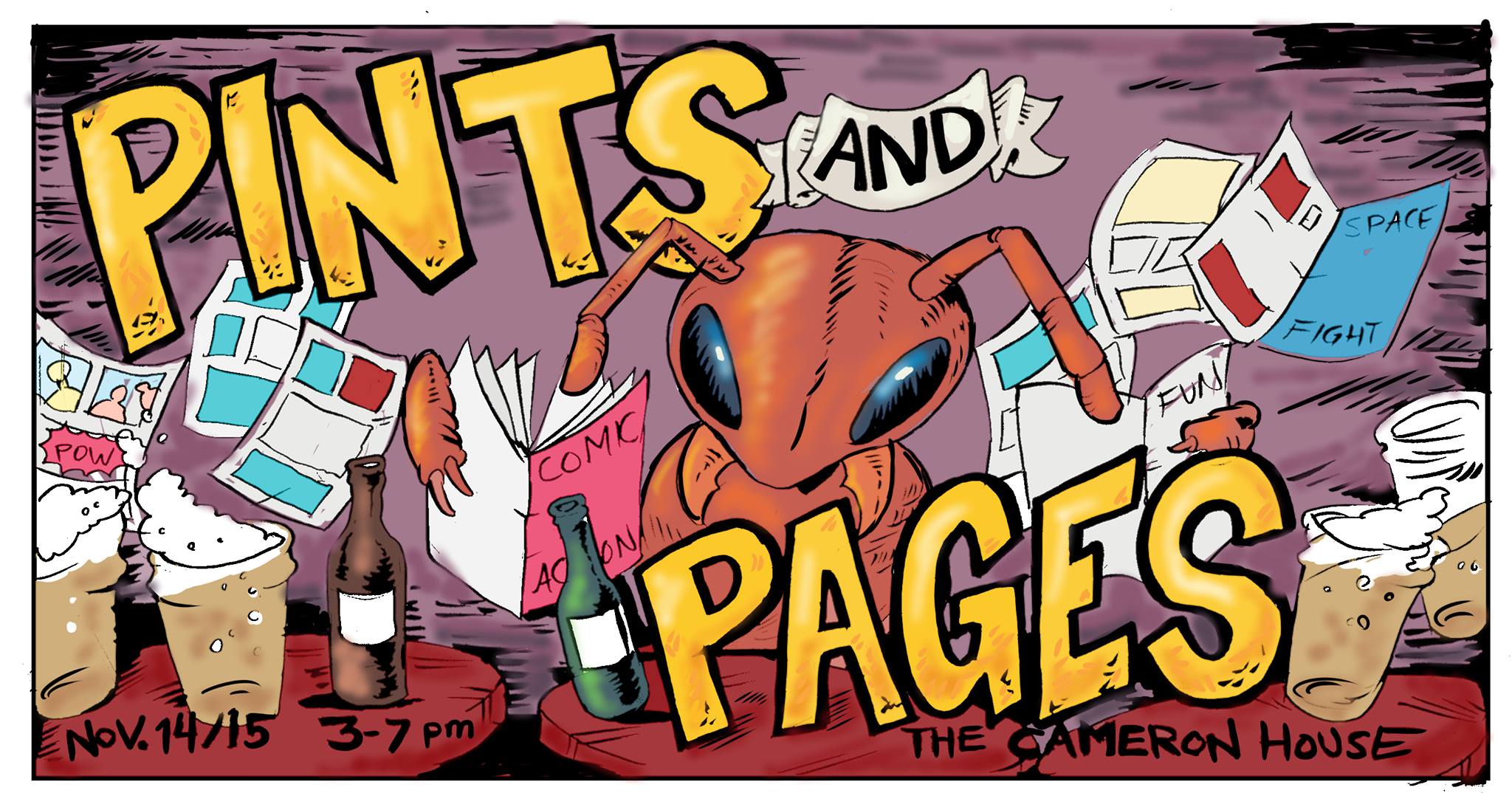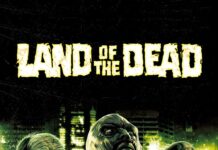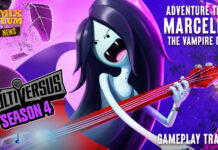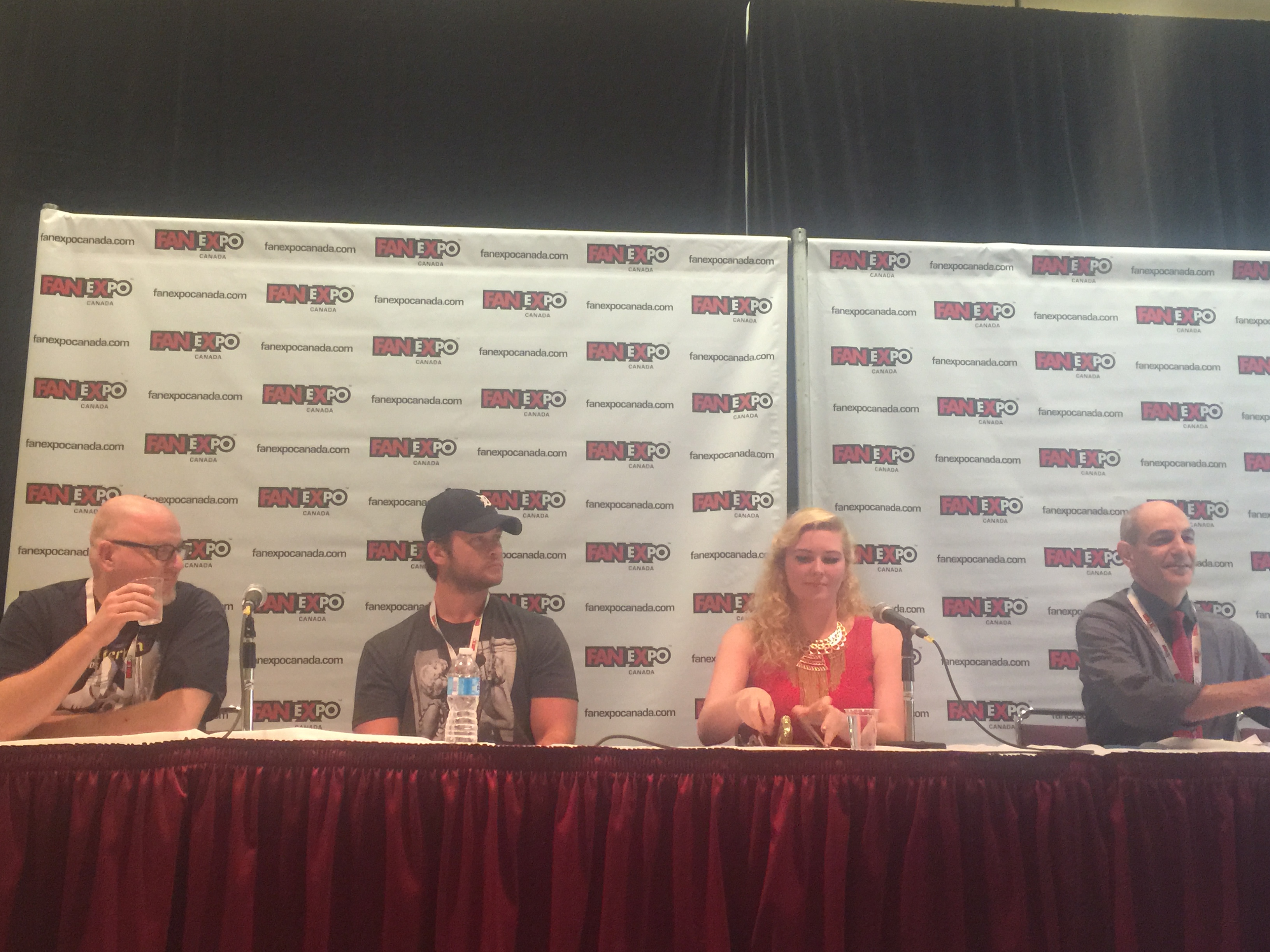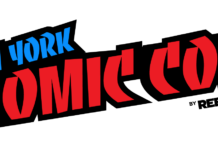Last Saturday, during the most sun-soaked Labour Day Weekend, a panel was held featuring three of DC’s top creators. Ladies first!!! Marguerite Bennett was in the house!! Clay Mann, the strong, silent type!! Last but not least, Cully Hamner, seasoned pro!!
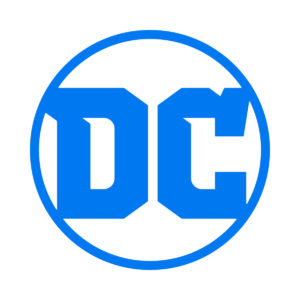 One of the execs from DC Entertainment (whose name escapes me. My bad :$) gave the appropriate introductions and divided the segment into the following three criteria:
One of the execs from DC Entertainment (whose name escapes me. My bad :$) gave the appropriate introductions and divided the segment into the following three criteria:
- Inspiration
- Unsung aid
- Becoming
Marguerite stated that Batman: the Animated Series definitely did it for her. She was enrolled in an after-school program. She found the darkness fascinating! She misunderstood Batmn thinking he was the bad guy on his way to good trying to change the villains. This prompted chuckling from the audience. She indicated that the series was so formative. Strong women always appealed to her. She listed Harley Quinn, Poison Ivy, and Catwoman. Marguerite couldn’t live up to the “good girl” status. The Gotham City Sirens are near-and-dear to her heart. She was 5 years young :0.
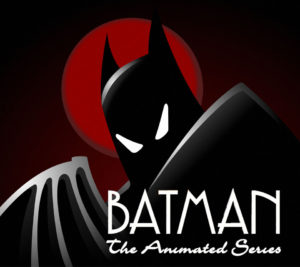
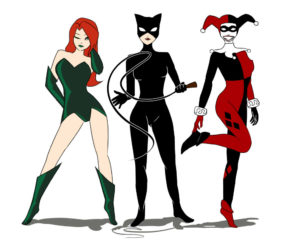
She thought the career would come much later in her timeline, until she met her mentor. She drew talking whales and horses. Wrote Harry Potter and Digimon fan fiction all through college. After graduating, she came to a “horrible” realization. She felt like she had wasted her life. Due to the recession, she held three jobs. She applied to the writing program at Sarah Lawrence College.
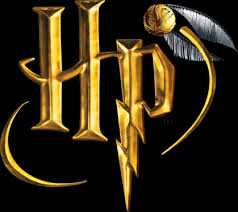
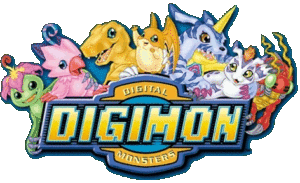 Clay had a friend bring him comic books because he was “better” at drawing. This particular friend wanted Clay to draw pictures from the books and trading cards. Clay would trace the images. The cards pertained to Deathwatch and Marvel Series 2. Young Mr. Mann was in the third grade. He had always expressed the desire to illustrate. He eventually met his high school sweetheart and joined her in holy matrimony. His career was in roofing and plumbing but he would use pencil or ink in spare time. Clay went to the conventions. He decided to be more serious.
Clay had a friend bring him comic books because he was “better” at drawing. This particular friend wanted Clay to draw pictures from the books and trading cards. Clay would trace the images. The cards pertained to Deathwatch and Marvel Series 2. Young Mr. Mann was in the third grade. He had always expressed the desire to illustrate. He eventually met his high school sweetheart and joined her in holy matrimony. His career was in roofing and plumbing but he would use pencil or ink in spare time. Clay went to the conventions. He decided to be more serious.
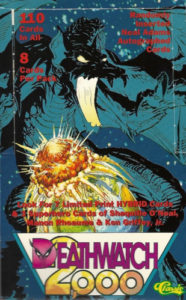
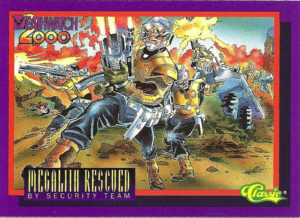
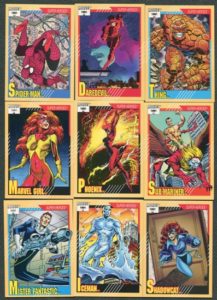
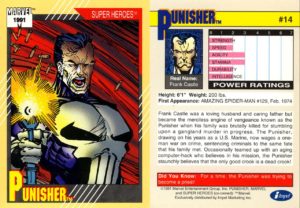 Cully was an early reader. Comic books kept him quiet. He was enthralled. He was especially intrigued by Clark Kent and Superman being two separate entities. The light came on with illustrating and being paid. Cha-ching!! He was really serious about it as early as third grade. As a boy, he had the typical dreams: musician, author, etc. He broke into the scene at age 21.
Cully was an early reader. Comic books kept him quiet. He was enthralled. He was especially intrigued by Clark Kent and Superman being two separate entities. The light came on with illustrating and being paid. Cha-ching!! He was really serious about it as early as third grade. As a boy, he had the typical dreams: musician, author, etc. He broke into the scene at age 21.
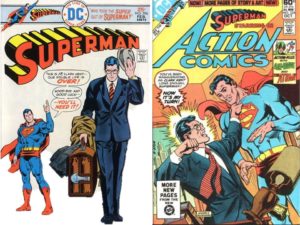
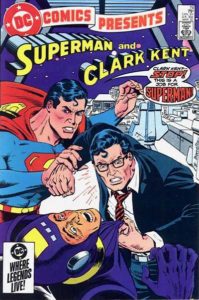 Marguerite partook in the MFA (Master of Fine Arts) program. It demanded no genres whatsoever!! This made it somewhat painstaking to write. An example was the slow decline of urban marriage.
Marguerite partook in the MFA (Master of Fine Arts) program. It demanded no genres whatsoever!! This made it somewhat painstaking to write. An example was the slow decline of urban marriage.

She was extremely serious, unlike her classmates. They were Brooklynites with tweed blazers and patches, smoking pipes, drinking whiskey. The most outstanding teacher was Scott Snyder. He returned all the students’ passions. Most of the class signed up due to his fame. Nothing was remarkable among her peers.
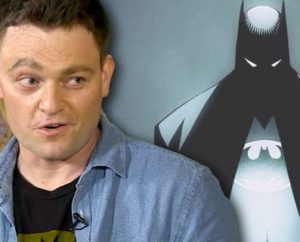 The two kept communicating. He reached out to her and believed in her. Scott set up and interview with DC. BATMAN {2nd Series} ANNUAL #2 (2013) was the breakthrough.
The two kept communicating. He reached out to her and believed in her. Scott set up and interview with DC. BATMAN {2nd Series} ANNUAL #2 (2013) was the breakthrough.
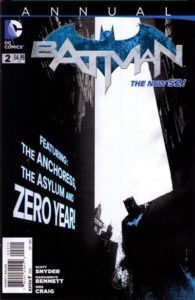 For Clay, Joe Quesada got him in the door. Marvel was re-doing Epic Comics. Rejections were common. Constructive criticism soon followed. At the cons no interest was directed towards his portfolio. Clay is a Floridian. He learned of Joe’s imminent visit. Mr. Mann admits to being an introvert. Nevertheless, he had a custom-made T-shirt: “I must meet Joe Quesada!!” [resounding laughter] He stayed by Joe’s table. Eventually, Mr. Q looked at his portfolio. “I usually looked sad.” [combination of ‘AAAWWW’ and chuckling] Quesada sent the plot for PAINKILLER JANE. Joe might not remember him. The Q-Man put Clay in touch with CB Cebulski who gave him an eternal runaround.
For Clay, Joe Quesada got him in the door. Marvel was re-doing Epic Comics. Rejections were common. Constructive criticism soon followed. At the cons no interest was directed towards his portfolio. Clay is a Floridian. He learned of Joe’s imminent visit. Mr. Mann admits to being an introvert. Nevertheless, he had a custom-made T-shirt: “I must meet Joe Quesada!!” [resounding laughter] He stayed by Joe’s table. Eventually, Mr. Q looked at his portfolio. “I usually looked sad.” [combination of ‘AAAWWW’ and chuckling] Quesada sent the plot for PAINKILLER JANE. Joe might not remember him. The Q-Man put Clay in touch with CB Cebulski who gave him an eternal runaround.
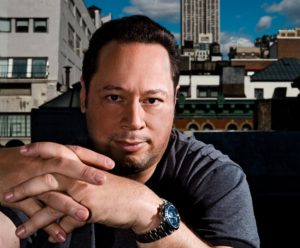 Don Howard was Cully’s main man. Mr. Howard was one of the first Afro-American artists to work at Disney!!! He was a character designer for The Fox and the Hound. Cully had spotted an advertisement for Continuing Education in Caricature. Cully though his own art was stiff. The very first day of class, Cully was down in the dumps over his girlfriend’s break-up and worked at a pet shop. He was 18 to19. Don praised him and made him his assistant. The gig paid $100 a week. Cully became the default gopher.
Don Howard was Cully’s main man. Mr. Howard was one of the first Afro-American artists to work at Disney!!! He was a character designer for The Fox and the Hound. Cully had spotted an advertisement for Continuing Education in Caricature. Cully though his own art was stiff. The very first day of class, Cully was down in the dumps over his girlfriend’s break-up and worked at a pet shop. He was 18 to19. Don praised him and made him his assistant. The gig paid $100 a week. Cully became the default gopher.
 Don taught him to look outside comics. In other words, he told Cully to look at real cars, at a hand holding a phone. These were techniques taught to him that are no longer used. Mr. Hamner learned to cut ruby lith. He handled commercial art jobs. Hee started as a sweeper and rose through the ranks. After two years, the relationship became contentious. From Don’s POV he was a hard-ass because he sensed Cully was leaving. “He’s my Henri Ducard.” Don gave him tough love.
Don taught him to look outside comics. In other words, he told Cully to look at real cars, at a hand holding a phone. These were techniques taught to him that are no longer used. Mr. Hamner learned to cut ruby lith. He handled commercial art jobs. Hee started as a sweeper and rose through the ranks. After two years, the relationship became contentious. From Don’s POV he was a hard-ass because he sensed Cully was leaving. “He’s my Henri Ducard.” Don gave him tough love.
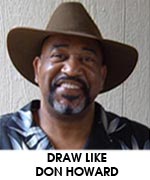 Cully attended endless cons. He came across a collective of artists: Brian Stelfreeze, Adam Hughes, Dave Johnson, and Tony Harris in Atlanta. Cully began with pin-up pages of WHO’s WHO. Karl Story showed Cully’s work. The big break was GREEN LANTERN: MOSAIC (1991). It was a most excellent idea to network with other pencilers. This engendered competitiveness but they all looked out for each other and would highly recommend the others.
Cully attended endless cons. He came across a collective of artists: Brian Stelfreeze, Adam Hughes, Dave Johnson, and Tony Harris in Atlanta. Cully began with pin-up pages of WHO’s WHO. Karl Story showed Cully’s work. The big break was GREEN LANTERN: MOSAIC (1991). It was a most excellent idea to network with other pencilers. This engendered competitiveness but they all looked out for each other and would highly recommend the others.
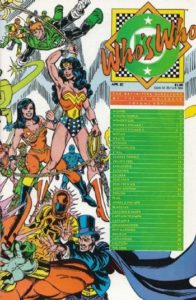
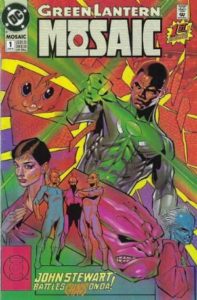 Clay hassled CB. His response was that he waiting for a story but had to find an editor for him. X-MEN UNLIMITED {2nd Series} #13 (2006) became the onset, a title specifically showcasing new talent. Clay points out to the irony in the title since only two members were featured.
Clay hassled CB. His response was that he waiting for a story but had to find an editor for him. X-MEN UNLIMITED {2nd Series} #13 (2006) became the onset, a title specifically showcasing new talent. Clay points out to the irony in the title since only two members were featured.
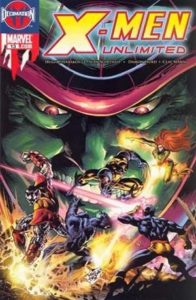 Marguerite was given one-shots as well as a weekly series. She worked on ANGELA: ASGARD’S ASSASSIN and its sequels for Marvel as well as the SECRET WARS tie-in mini-series YEARS of FUTURE PAST and A-FORCE. She’ll feel like she’s “here” (made it) in another decade. “The Impostor Syndrome is strong!!” Direct quote. She is a work horse havening produced 150 books in a short span of three years!!! She got her dream job. No attachments allows her to write so prolifically. One cat is her only responsibility. Time is a precious resource. So true, Marguerite!!
Marguerite was given one-shots as well as a weekly series. She worked on ANGELA: ASGARD’S ASSASSIN and its sequels for Marvel as well as the SECRET WARS tie-in mini-series YEARS of FUTURE PAST and A-FORCE. She’ll feel like she’s “here” (made it) in another decade. “The Impostor Syndrome is strong!!” Direct quote. She is a work horse havening produced 150 books in a short span of three years!!! She got her dream job. No attachments allows her to write so prolifically. One cat is her only responsibility. Time is a precious resource. So true, Marguerite!!
Clay has personified the idea of perseverance.
Cully thinks it’s wise to surround oneself with fellow creators. Don’t immerse too much in pop culture. Use real-world experiences. Pay attention to competition. Be open-minded.
Clay laments that stopping for a decade was the biggest mistake. He had the joy of meeting Jay Fabok the previous day (Friday). Clay is in awe of Jay’s youth. Mrs. Mann was in disbelief.
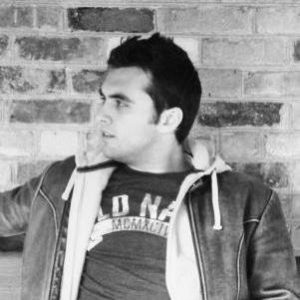 Best advice: Don’t give up!! Listen to people. Clay stressed that working in comics is extremely difficult. There is no time for friends. He wanted to quit after the first week. He had to face the deadline and simply didn’t like the story. It’s a seven-day commitment. There are no set hours. Bedtime for him is 4 a.m. Clay has to allot some time for his wife. He makes his own hours.
Best advice: Don’t give up!! Listen to people. Clay stressed that working in comics is extremely difficult. There is no time for friends. He wanted to quit after the first week. He had to face the deadline and simply didn’t like the story. It’s a seven-day commitment. There are no set hours. Bedtime for him is 4 a.m. Clay has to allot some time for his wife. He makes his own hours.
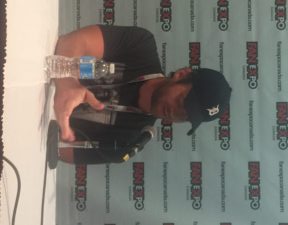 Cully awakens around 07h00-07h30. He dedicates twelve hours: 09h00-21h00. He states there are weird hours at home.
Cully awakens around 07h00-07h30. He dedicates twelve hours: 09h00-21h00. He states there are weird hours at home.
Ms. Bennett has no proper schedule. Write every day!! For her, numbers work well: 1,500 words a day. She encourages everyone to put something on the page. “Set goals for yourself and follow through”. She was truly ready when she had the opportunity. “Tell the story the only way you want to tell it. Try everything.” Marguerite adores audio books. She surrounds herself with prose. She strongly advises not to limit yourself to comic book art. There are only so many archetypes. No one likes regurgitation. “Don’t be a crummy dude (hipster).” [laughter]
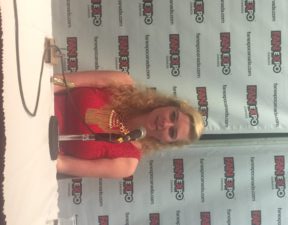 Cully states point blank that individuals like him give up social lives. He misses out on birthdays and catching movies. He zeroes in on his interest. He is genuinely happy.
Cully states point blank that individuals like him give up social lives. He misses out on birthdays and catching movies. He zeroes in on his interest. He is genuinely happy.
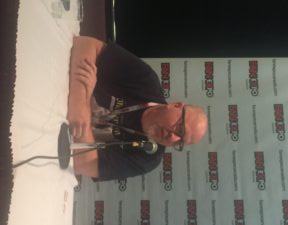 Marguerite claims that creators’ hours are like everyone else’s. She gave up gaming. [massive gasp] One last tidbit from her: “It’s not a life of drudgery.”
Marguerite claims that creators’ hours are like everyone else’s. She gave up gaming. [massive gasp] One last tidbit from her: “It’s not a life of drudgery.”
The time elapsed quickly!! There was enough time for a trio of Q&A.
- Designated workplace?
Cully had a studio for 18 years. That locale was gone for him in 2010. He finds it weird-ish to work at home.
Clay does his duties from home. “I can’t quit if my office is at home.” He recently built an office and is trying to stick to the hours.
Marguerite places herself in various rooms at home.
- What else do you hope to achieve?
Cully considers that a broad question. He wants to achieve storytelling. He doesn’t think in meta-terms. He does not believe in looking over the horizon.
Clay does all this for himself. He would like look back at something important and significant from his own talent. He met Frank Miller the previous night. He firmly believes that a multitude of artists are not appreciated.
 Marguerite mentions incandescent anger. “Whatever I’m mad about is what I write about.” She relishes in composing several gory revenge stories and emitting feminist rage.
Marguerite mentions incandescent anger. “Whatever I’m mad about is what I write about.” She relishes in composing several gory revenge stories and emitting feminist rage.
- What kind of panel description do you like to receive??
Cully exclaims that as a writer, let the artist participate!! He suggests that one not get bogged down in the details. He wants to know the actions, context, subtext. He doesn’t want nitpickiness. He thinks artists should make decisions. He equates this to telling an actor how to emote. S/He would be annoyed. Keep things in broader terms.
I found this panel to exceed my expectations. Marguerite’s bubbly nature was refreshing and reflective of her true nature. Clay’s sheepishness was a bit of a surprise, considering I had never set eyes on him. Cully’s confidence comes with decades of experience. He was genuine in his comments and completely natural. What ‘marked’ me was the bluntness regarding the loneliness of the job, the grueling nature of producing comics, and sacrificing crucial relationships.
Bibliography for Marguerite Bennett (partial list)
ANIMOSTIY; BATMAN: JOKER’S DAUGHTER; BEAUTIES; CMYK; DC COMICS BOMSHELLS; EARTH 2: WORLD’S END; inSEXts; SLEEPY HOLLOW; SUPERMAN: LOIS LANE
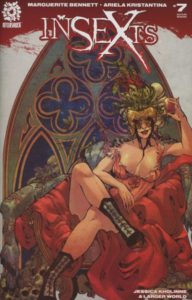
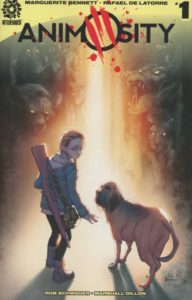 Body of work for Clay Mann (selected works)
Body of work for Clay Mann (selected works)
BATMAN: ETERNAL; DARTH VADER; GAMBIT; NINJAK; POISON IVY: CYCLE of LIFE and DEATH; X-MEN: LEGACY
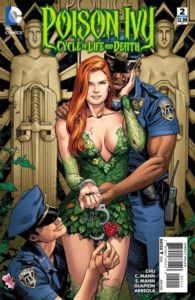
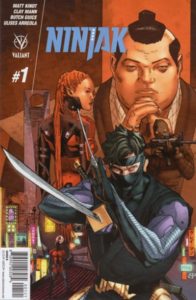 Books from Cully Hamner (essentials)
Books from Cully Hamner (essentials)
AFFLICTED; BLUE BEETLE {2nd Series} and {4th Series}; BLUE BEETLE: REBIRTH; CONVERGENCE: the QUESTION; FIREARM; RED; The RIDE; The SECRET HISTORY of the AUTHORITY: JACK HAWKSMOOR; The SHADE
